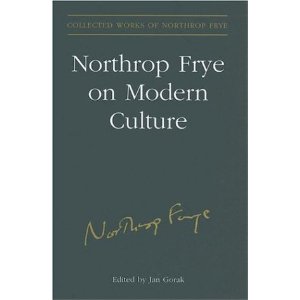
Here’s an editorial, “Law and Disorder,” published in Canadian Forum, July 1949. This was a time when the Cold War between the United States and the Soviet Union began to get fully underway with a “Red Scare” that would soon bring Joseph McCarthy to the fore as the chief demagogic fomenter of national paranoia and the compromised rule of law that comes with it. To appreciate this editorial’s continuing relevance today, substitute the war on Communism with the war on terror.
The present Communist witch-hunt in the United States has rather paralyzed liberal criticism, because of the complexity of factors and uneven distribution of sympathies involved. On the one hand, the democratic tradition gives the widest possible freedom of action in politics; on the other hand, the American people feel that in the present state of affairs Communists are for all practical purposes agents of Russia and active enemy aliens. Thus Communism is legal, but discouraged by intimidation; it cannot be prosecuted so it has to be persecuted. Unlike the witch-hunt of 1919 the present moves against Communism have a good deal of popular support, as Russia has thrown away all the vast good will which, a few years ago, she could have had for the asking from the American public. Liberals and intellectuals who find in Communism the enemy of everything they stand for hardly know what to say, as they disapprove of the means employed while recognizing a certain amount of of sense in the anti-Communist drive.
The trouble is that there is no substitute for a reign of law except a reign of terror. If steps are taken against Communism outside the regular legal channels, they cannot help being violent and arbitrary. Without a legal definition of Communism, which would protect the Communist as well as the non-Communist, there is nothing to stop some people from calling anyone a Communist whom they regard as sufficiently dangerous. Without definite legal procedures, there is nothing to stop the anti-Communist drive from being led by people with lynching mentalities, who regard the processes of law as too cumbersome and slippery to work properly in an emergency situation. Whatever good the Dies and Thomas committee hearing may have done, the evil of intimidation, character assassination, forcible suppression of evidence, and the spreading of terrorized insecurity among government employees far outweighs it. To try to outlaw something by outlawed means in the name of the law is a hopeless paradox, and every step in contempt of law taken by a democracy brings it so much nearer to the processes of police espionage, torture, and secret arrest which democrats hate so much in the totalitarian countries.
There are great and perilous difficulties involved in declaring the Communist party illegal, but at least such a procedure would put all suspected people to some extent under the democratic guarantee of personal security and presumption of innocence prior to legally proved guilt. The law may be imperfect, and even more imperfectly administered, but still it does possess our inherited liberties. As it is, the real Communists are far less vulnerable than their innocent bystanders to the reckless mud-slinging, private feuds, and official spreading of slander which have resulted from the Thomas hearings. (CW 11, 224-5)
